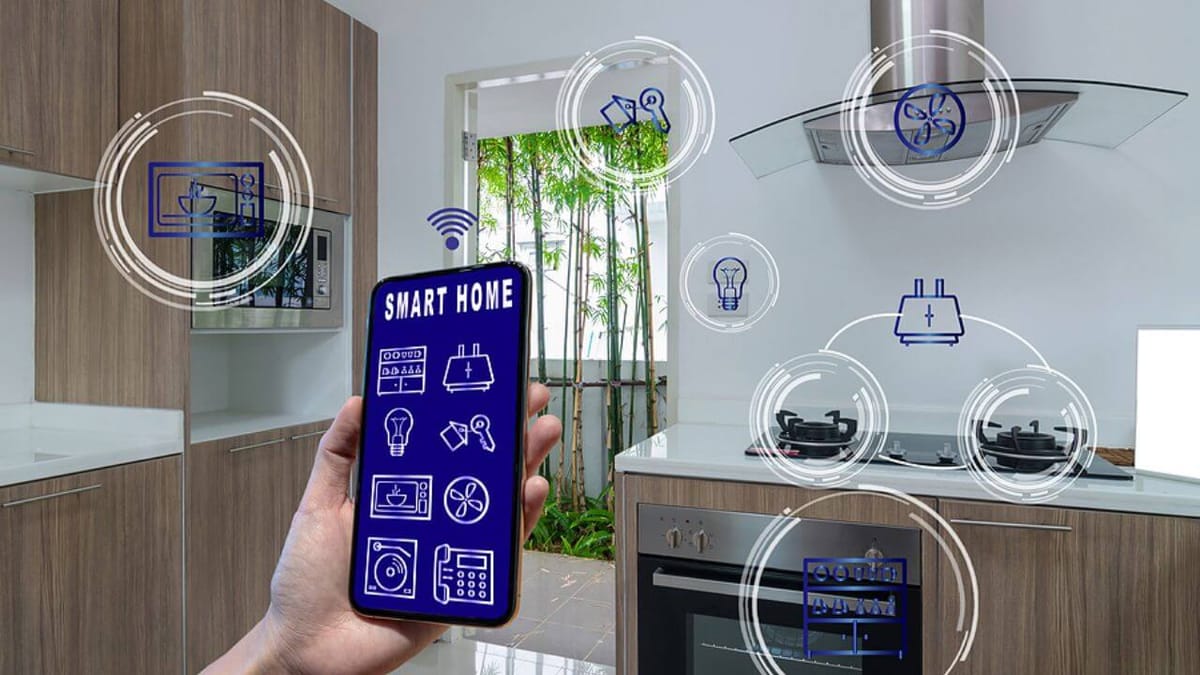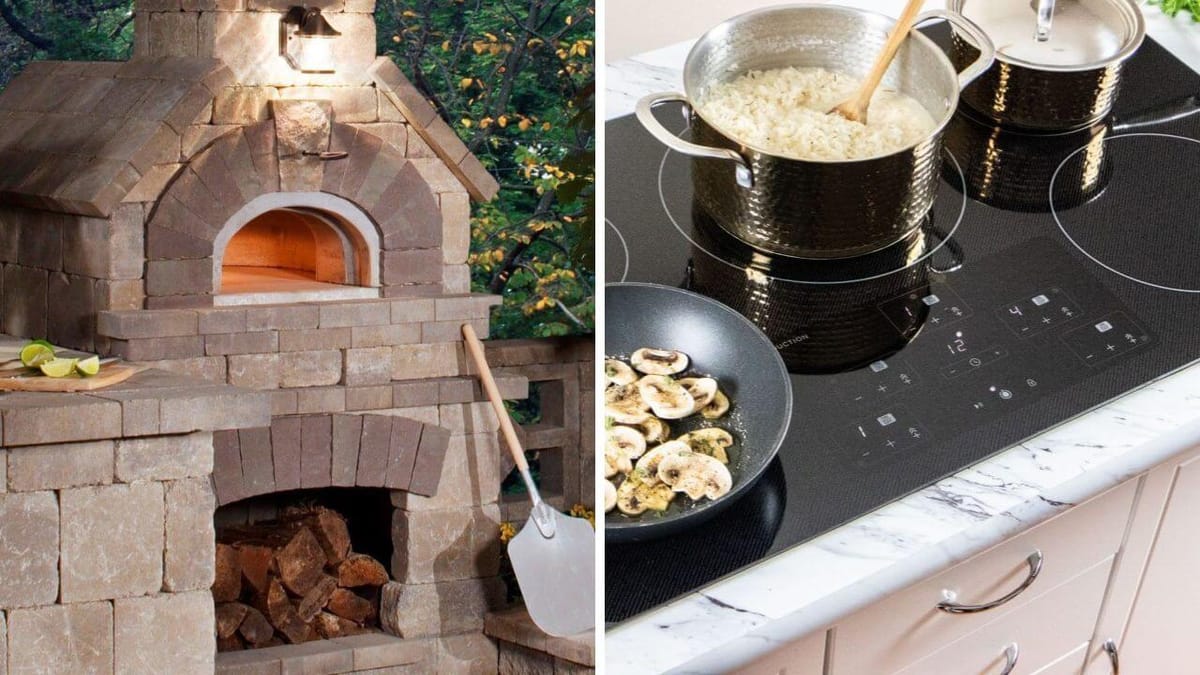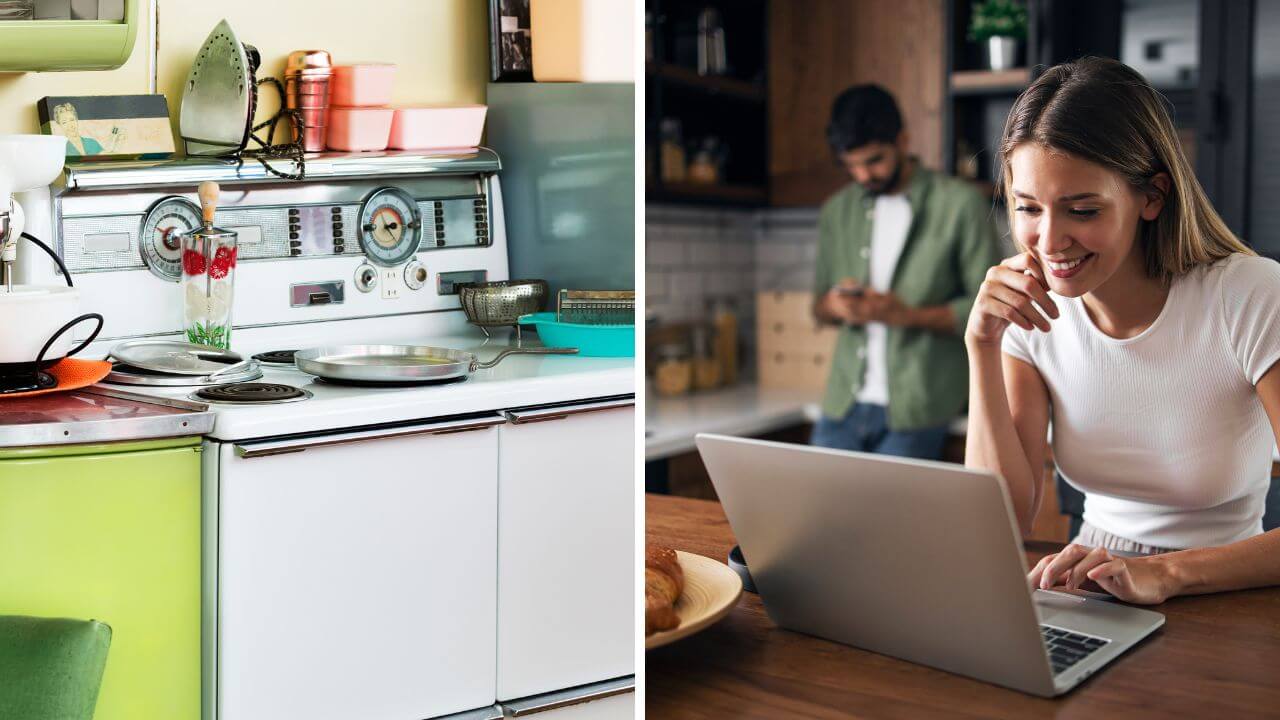How Amazing Eco-Friendly Kitchens Are Easily Changing the Way We Cook
Transform your cooking experience with eco-friendly kitchens! Discover how sustainable designs are revolutionizing the way we cook. Read more now!

Key Takeaways:
- Sustainable kitchens are revolutionizing cooking practices by integrating eco-friendly innovations.
- Energy-efficient appliances and sustainable materials are key components of an eco-friendly kitchen.
- Adopting sustainable practices in the kitchen can significantly reduce your carbon footprint.
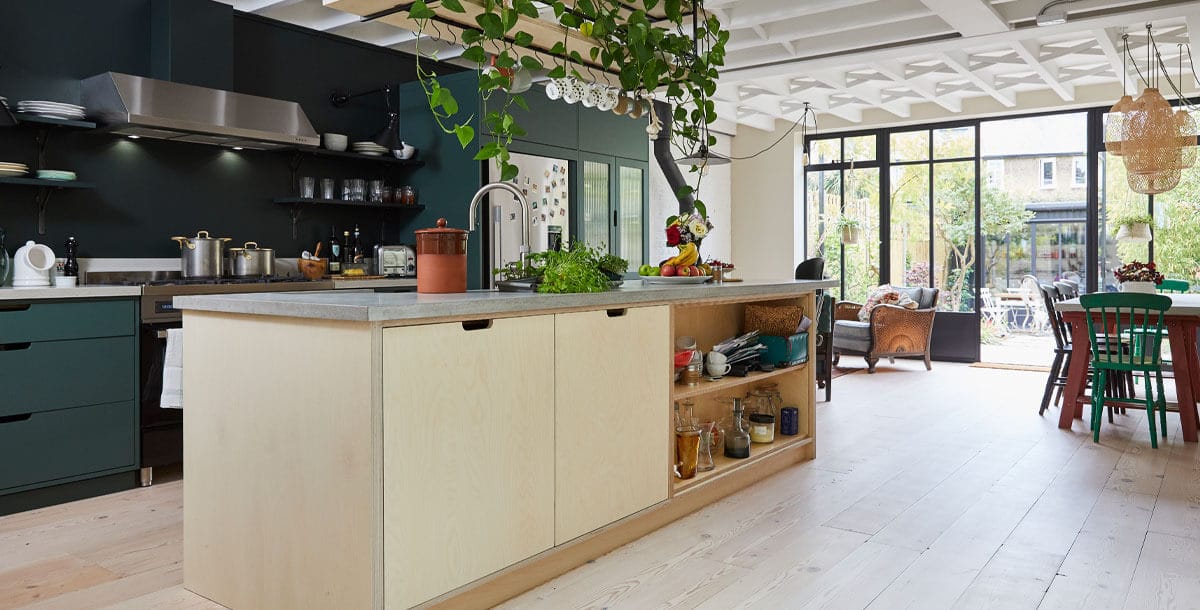
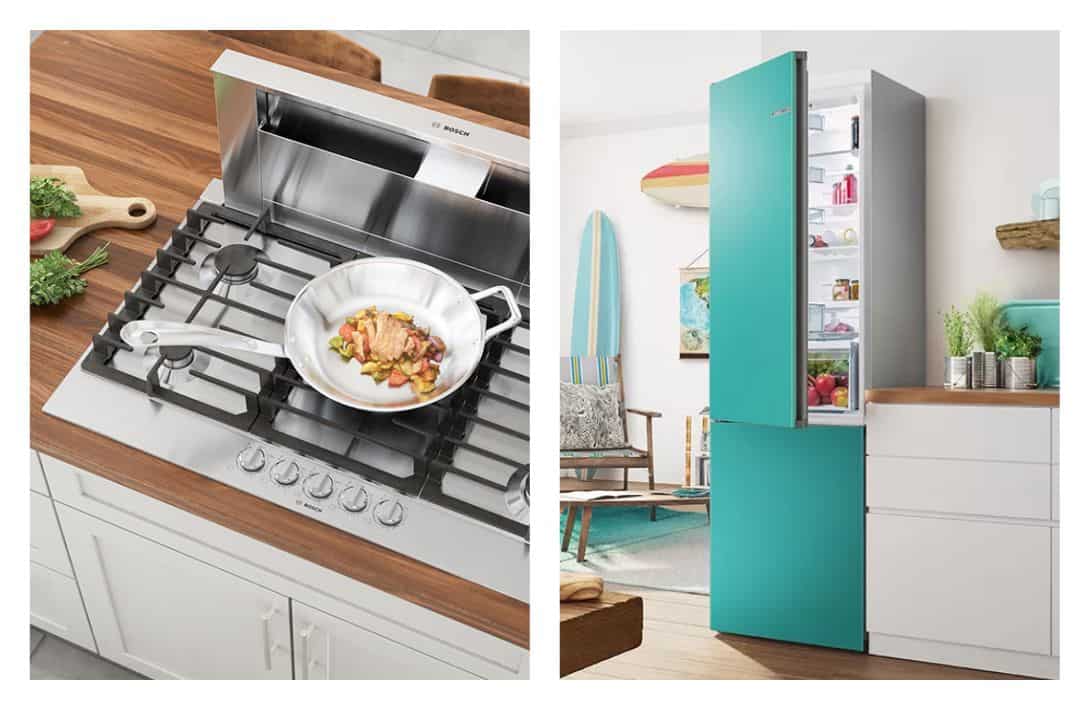
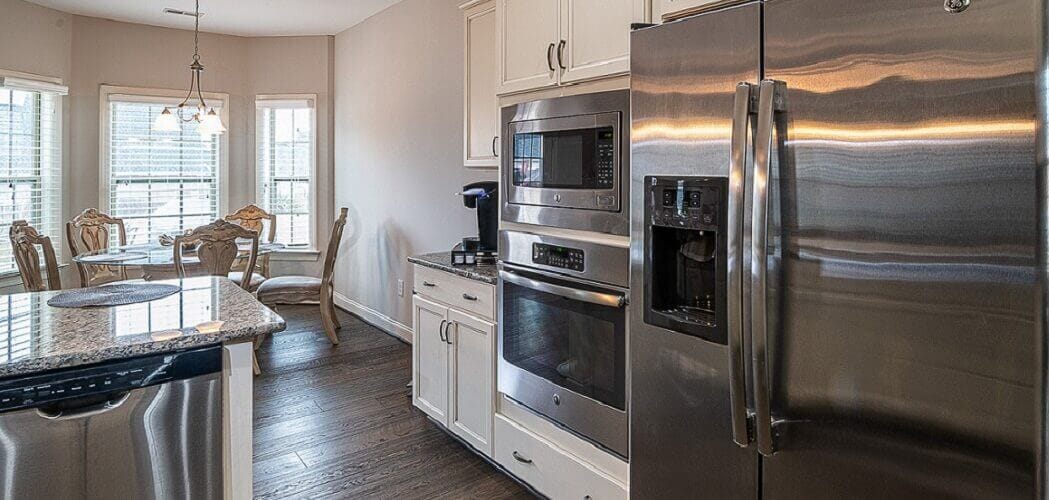
Introduction to Sustainable Kitchens
Sustainable kitchens are transforming the way we approach cooking, blending eco-friendly innovations with everyday culinary practices. This shift is not just about reducing waste but also about creating a healthier environment for future generations. By incorporating sustainable materials and energy-efficient appliances, we can significantly cut down on our carbon footprint while enjoying the benefits of a modern kitchen.
The concept of a sustainable kitchen goes beyond just using green products. It encompasses a holistic approach to cooking and living, where every choice, from the materials used in kitchen construction to the appliances and even the food we prepare, is made with sustainability in mind. This article delves into the various aspects of sustainable kitchens and how they are changing the way we cook.
Energy-Efficient Appliances
One of the most impactful changes you can make in your kitchen is switching to energy-efficient appliances. These appliances are designed to use less electricity and water, which not only helps the environment but also reduces your utility bills. For instance, Energy Star-rated refrigerators, dishwashers, and ovens are excellent choices for an eco-friendly kitchen.
Energy-efficient appliances often come with advanced features that enhance their functionality. For example, induction cooktops heat food faster and more evenly than traditional gas or electric stoves, using less energy in the process. Similarly, energy-efficient dishwashers use less water and have settings that allow for shorter, more efficient wash cycles.
Sustainable Materials
Choosing sustainable materials for your kitchen is another crucial step in creating an eco-friendly space. Bamboo, reclaimed wood, and recycled glass are popular choices for countertops, cabinets, and flooring. These materials are not only sustainable but also add a unique aesthetic to your kitchen.
Using sustainable materials extends to smaller items as well, such as utensils and cutting boards. Opting for products made from bamboo or recycled materials can make a significant difference. Additionally, these materials are often more durable and long-lasting, reducing the need for frequent replacements.
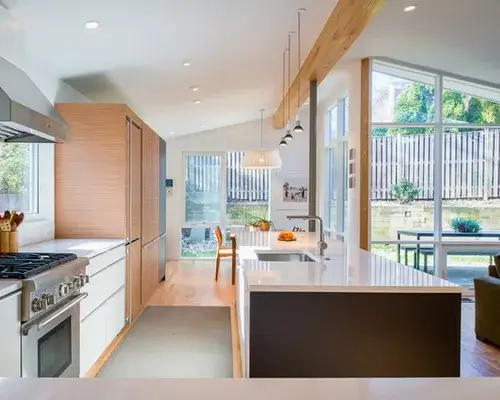

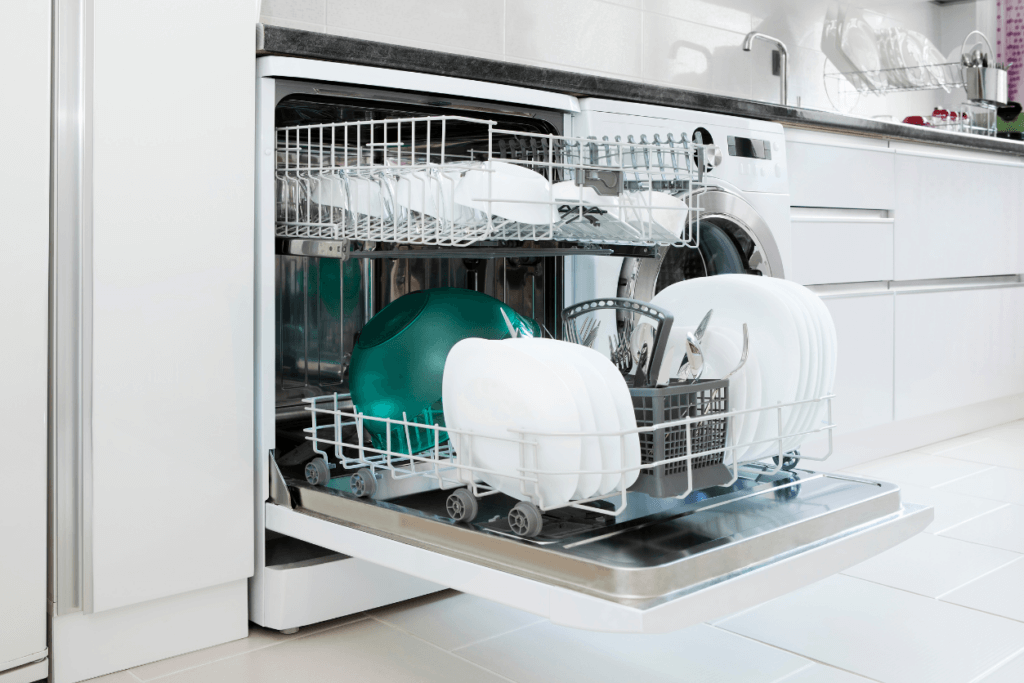
Water Conservation
Water conservation is a critical aspect of a sustainable kitchen. Installing low-flow faucets and water-efficient dishwashers can drastically reduce water usage. Additionally, using a compost bin for food scraps instead of a garbage disposal can save water and provide nutrient-rich compost for your garden.
Another effective way to conserve water is by being mindful of your cooking practices. For example, steaming vegetables instead of boiling them uses less water and retains more nutrients. Collecting and reusing water from rinsing fruits and vegetables for watering plants is another simple yet effective water-saving practice.
Waste Reduction
Reducing waste is a cornerstone of sustainability. In the kitchen, this can be achieved by composting food scraps, recycling packaging, and avoiding single-use plastics. Investing in reusable containers, bags, and wraps can significantly cut down on waste.
Planning meals and shopping mindfully can also help reduce food waste. By buying only what you need and using leftovers creatively, you can minimize the amount of food that ends up in the trash. Additionally, supporting local farmers and buying seasonal produce can reduce the environmental impact of your food choices.
Renewable Energy Sources
Incorporating renewable energy sources into your kitchen can further enhance its sustainability. Solar panels, for example, can provide a significant portion of your kitchen's energy needs. While the initial investment may be high, the long-term savings and environmental benefits make it worthwhile.
Using renewable energy doesn't stop at solar panels. Wind turbines and geothermal systems are other options that can be explored, depending on your location and budget. These systems can provide clean, renewable energy that reduces your reliance on fossil fuels and lowers your carbon footprint.
Eco-Friendly Cleaning Products
Traditional cleaning products often contain harmful chemicals that can be detrimental to both your health and the environment. Switching to eco-friendly cleaning products is a simple yet effective way to make your kitchen more sustainable. Look for products that are biodegradable, non-toxic, and made from natural ingredients.
Making your own cleaning products is another great option. Simple ingredients like vinegar, baking soda, and lemon can be used to create effective, eco-friendly cleaners. Not only are these homemade solutions better for the environment, but they are also cost-effective and safe for your family.
Sustainable Cooking Practices
Sustainable cooking practices are an essential part of an eco-friendly kitchen. This includes using energy-efficient cooking methods, such as pressure cooking or slow cooking, which use less energy compared to traditional methods. Additionally, cooking in bulk and freezing meals can save both time and energy.
Another aspect of sustainable cooking is choosing locally sourced and organic ingredients. These options are often fresher and have a lower environmental impact compared to imported or conventionally grown produce. Growing your own herbs and vegetables is another excellent way to ensure you have fresh, sustainable ingredients on hand.

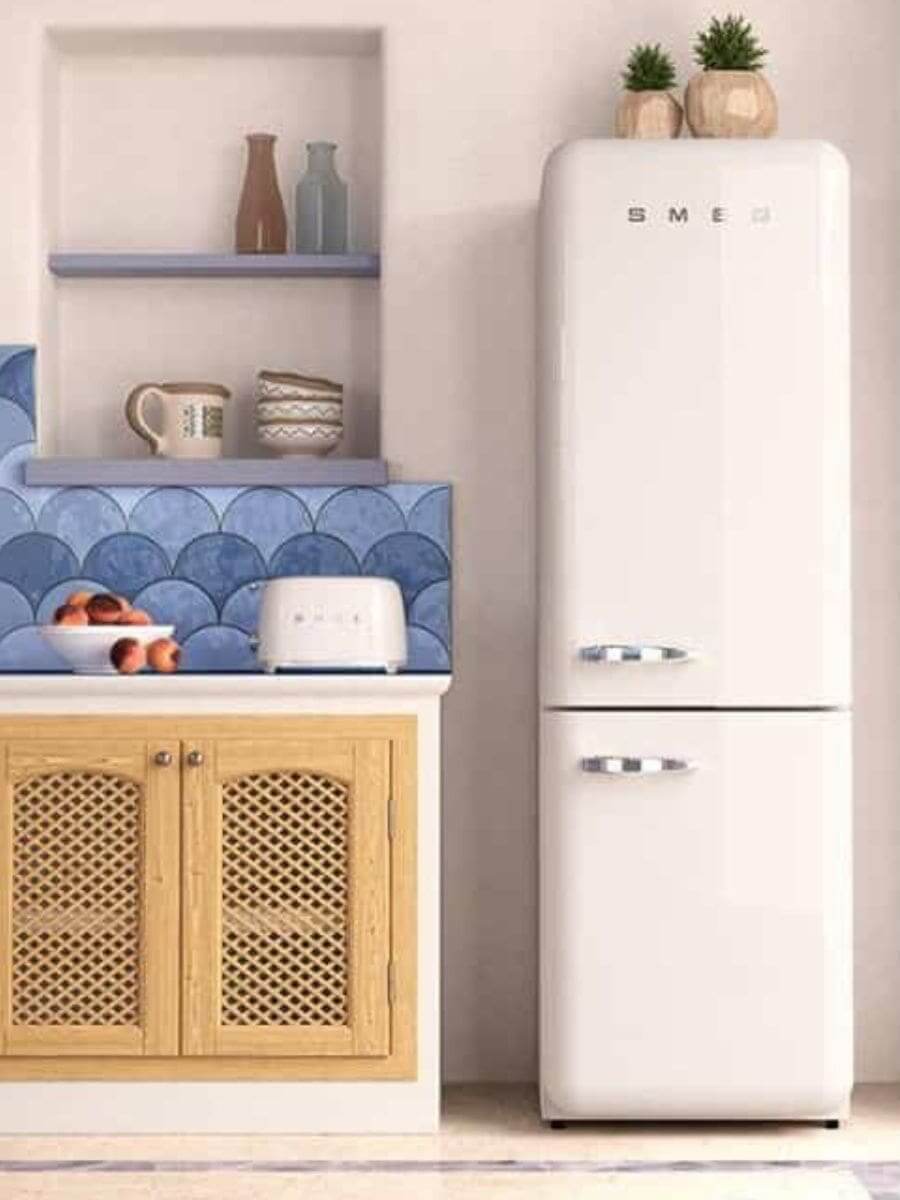

Smart Kitchen Technology
Smart kitchen technology can play a significant role in creating a sustainable kitchen. Smart appliances, such as refrigerators and ovens, can optimize energy use and reduce waste. For example, a smart refrigerator can monitor its contents and suggest recipes based on what you have, helping to reduce food waste.
Smart kitchen gadgets, like programmable coffee makers and smart plugs, can also contribute to energy savings. These devices can be programmed to turn off automatically when not in use, ensuring that no energy is wasted. Integrating smart technology into your kitchen can make it more efficient and sustainable.
Community and Education
Building a sustainable kitchen is not just about the physical space; it's also about fostering a community and educating others. Sharing your knowledge and experiences with friends and family can inspire them to adopt sustainable practices in their own kitchens. Community initiatives, such as local food co-ops and farmers' markets, can also support sustainable living.
Educational resources, such as workshops and online courses, can provide valuable information on sustainable kitchen practices. By staying informed and engaged, you can continue to improve your kitchen's sustainability and contribute to a larger movement towards a more sustainable future.
Summary
Sustainable kitchens are revolutionizing the way we cook by integrating eco-friendly innovations and practices. From energy-efficient appliances and sustainable materials to water conservation and waste reduction, there are numerous ways to make your kitchen more sustainable. By adopting these practices, you can reduce your carbon footprint, save money, and create a healthier environment for future generations.

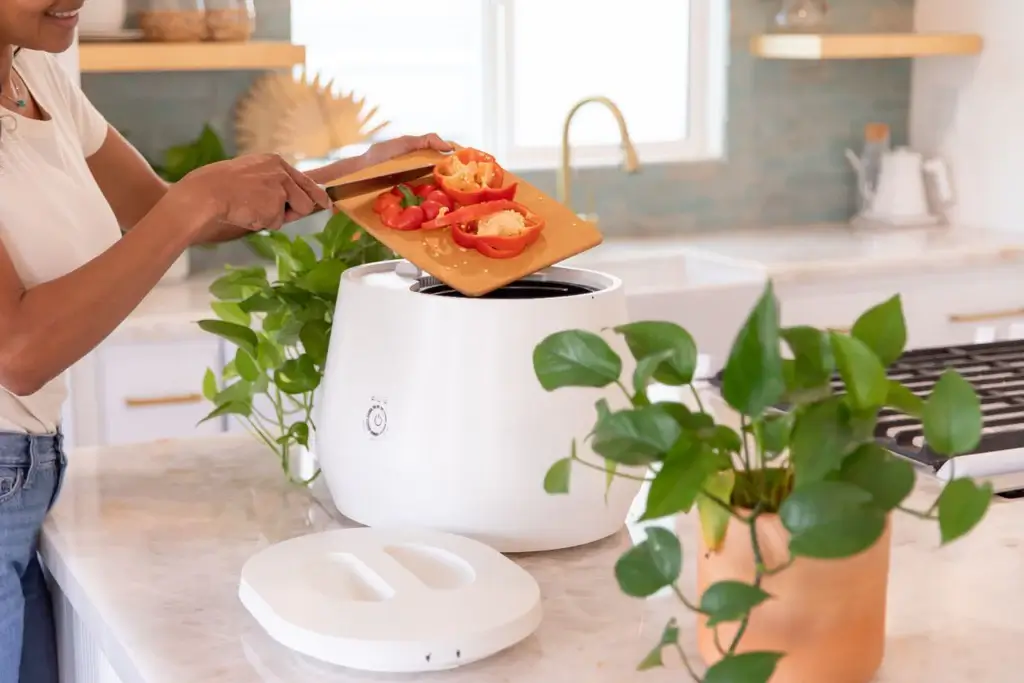

FAQ
What are the benefits of a sustainable kitchen?
A sustainable kitchen offers numerous benefits, including reduced energy and water usage, lower utility bills, and a smaller carbon footprint. Additionally, using eco-friendly materials and products can create a healthier living environment.
How can I make my kitchen more sustainable?
You can make your kitchen more sustainable by switching to energy-efficient appliances, using sustainable materials, conserving water, reducing waste, and incorporating renewable energy sources. Additionally, adopting sustainable cooking practices and using eco-friendly cleaning products can further enhance your kitchen's sustainability.
Are sustainable kitchens expensive to set up?
While some sustainable kitchen upgrades, such as solar panels or energy-efficient appliances, may have a higher upfront cost, they often result in long-term savings on utility bills. Additionally, many sustainable practices, such as reducing waste and conserving water, can be implemented at little to no cost.
